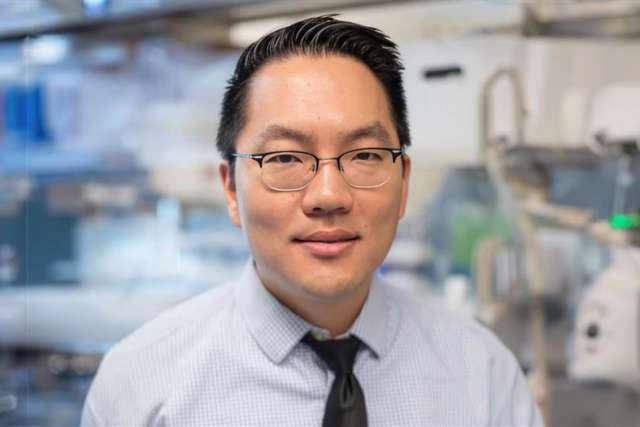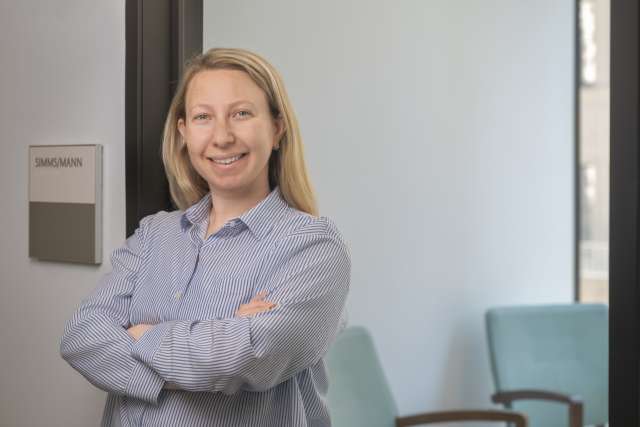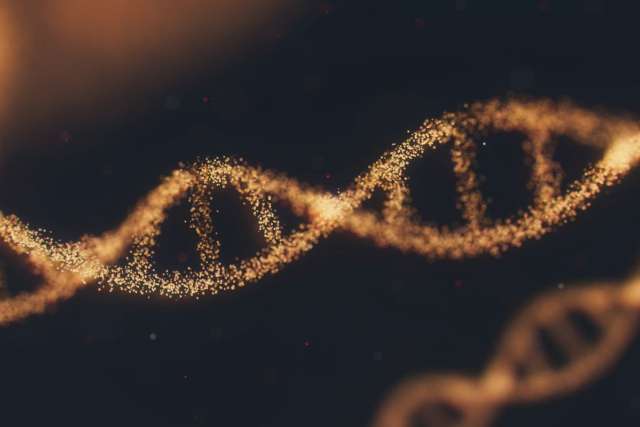In the study led by Beth Glenn, associate director of the UCLA Jonsson Comprehensive Cancer Center’s Healthy and At-Risk Populations Research Program, researchers asked parents about their attitudes toward melanoma prevention, how at risk for melanoma they believed their child to be, and their current use of sun protection strategies for their child. They found that about three-quarters of parents relied on sunscreen to protect their child against sun exposure, but less than a third of parents reported that their child wore a hat or sunglasses or attempted to seek shade when exposed to the sun.
Additionally, Glenn said, 43 percent of parents surveyed reported that their child experienced a sunburn in the past year. This is concerning because sunburns are a major risk factor for melanoma.
The UCLA researchers used the California Cancer Registry (which tracks all cases of cancer across the state) to identify and survey 300 melanoma survivors with children ages 17 and younger during a three-year period. The study targeted both non-Latino white melanoma survivors and for the first time Latino melanoma survivors as well.
Latinos have often been left out of skin cancer prevention research due to a common misconception that sun protection is not important for this group.
“Sunburns were common among the children in our study despite their elevated risk for skin cancer. Also, children of Latino survivors were just as likely as children of non-Latino white survivors to have experienced a recent sunburn, which highlights the importance of including this group in our work,” said Glenn, associate professor of Health Policy and Management in the UCLA Fielding School of Public Health.
The survey results will be used to apply for additional funding to develop an intervention program that combines a text message reminder system with educational materials and activities for parents and children. The intervention program is designed to help melanoma survivors more effectively monitor and properly protect their child against UV radiation.
“Protecting kids against the sun’s harmful rays at an early age is vitally important. Our goal is to develop an intervention that will help parents protect their children today and help children develop sun safe habits that will reduce their risk for skin cancer in the future,” said Glenn.
The study was published online Jan. 13 in the journal Cancer Epidemiology, Biomarkers & Prevention.
The research was supported in part by the National Cancer Institute.




